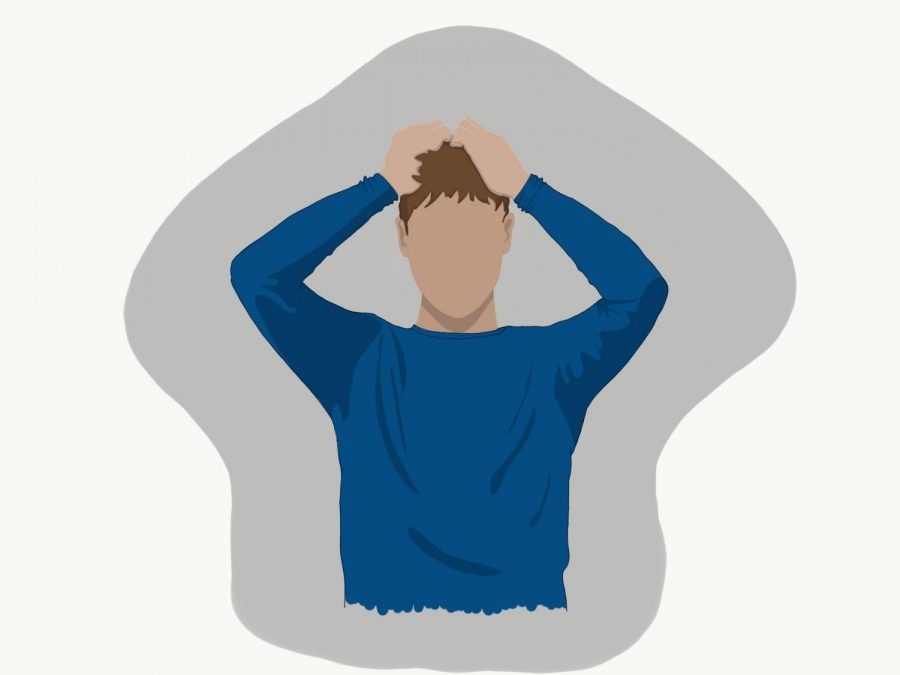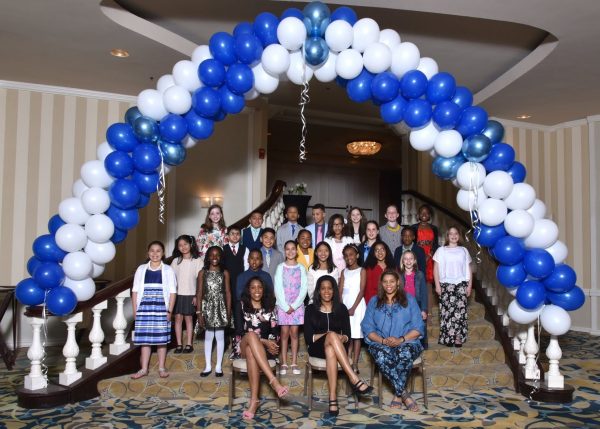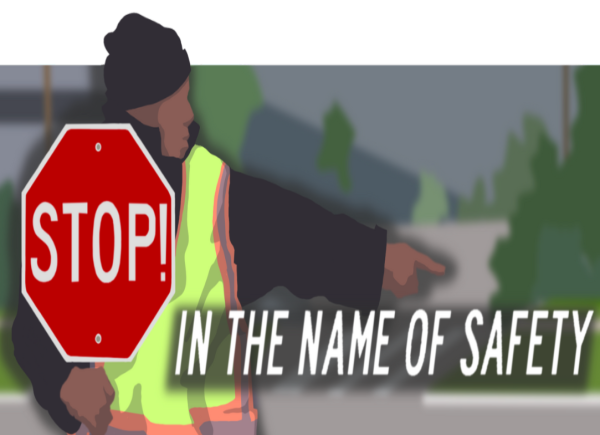COVID-19 poses unique adversities for the class of 2024
September 24, 2020
Entering high school as a freshman, you are introduced to a wave of firsts. First football game, first homecoming dance, first pep rally. You are introduced to a new school and the mishaps of getting lost in the hallways while trying to navigate your class schedule. You are introduced to the multitudinous activities and clubs and the possible discovery of which extracurricular sparks your interest. Unfortunately, many incoming freshmen will not have those experiences due to the fact that COVID-19 has dictated the way their first year of high school will transpire.
The adjustment from middle school to high school can be a difficult task for some. There’s an unfamiliar school with new peers. There are brand new teachers with the addition of faster-paced classes. Anticipating these social and academic fluctuations could cause stress for incoming freshmen. Typically at ETHS, this stress is partially alleviated, because the new class has the opportunity to familiarize themselves with the campus and student activities through the different organizations and fairs like the Ambassador program and Student Activity Fair. Additionally, various summer school classes, such as Access to ETHS, Prep to Humanities and the like. are geared towards the incoming class as a way to acquaint themselves with the school.
However, the transition process is even harder now, considering the fact that the class of 2024s last year in middle school was cut short, which often provides a valuable segue to high school. Summer school classes were not available to freshmen this year, which limited any experience to the traditional introduction to school life.
Now that ETHS has moved to an e-learning environment, students spend the majority of their time at home and on their computers. Since the return to normalcy doesn’t appear to be an option any time soon, the lack of familiarity with the ETHS environment poses unique challenges that past classes have not faced.
Numerous students at ETHS have different experiences they’ve faced since the start of the 2020-2021 school year. Freshman Saliha Ansari speaks about her acclimation to high school.
“My transition to high school was a lot less exciting than I thought it would be, and I wasn’t as nervous as I probably would have been if we were actually in school,” Ansari says. “Knowing that school would be online definitely took a lot of stress away as well.”
Despite having some of the stress alleviated, Ansari also faced social barriers in the midst of e-learning, a common challenge for incoming freshmen to encounter.
“This year, connecting with teachers and classmates has obviously been a little more difficult,” Ansari says. “The one thing that makes it the most difficult is that I don’t get to see the people in-person, and I don’t get to see them often either.”
Navigating a new way of learning as a freshman is already a challenging task, especially now, under these unique circumstances. Conversely, current upperclassmen didn’t experience this magnitude of change during their freshman year, so their introduction to high school transpired completely differently.
Seniors Emily Ho and Naiyah Bryant reflect on their freshmen experience at ETHS.
“For me, the transition was a lot easier with the help of sports,” says Ho. “I met the majority of my friends at the time by playing club soccer. By starting in the summer, I was able to meet even more people, many of which were in my classes.”
Ho discusses the types of adversities she thinks the class of 2024 may face due to remote learning.
“I think incoming freshmen might have to face a technology barrier. We tend to create more meaningful connections with people physically around us, but now it requires much more effort to meet and talk with their new classmates over Zoom,” Ho says.
Bryant is also one of the executive directors of the Ambassador Program, which focuses on engaging freshman and prospective students and aiding incoming families. She speaks of the challenges and problems that may blossom when school eventually goes back.
“I think their transition will be harder than it was for freshmen when we were in-person,” Bryant comments. “Events like First Day [an Ambassador event] and the Activities Fair aren’t the same, and while the school is doing everything they can to keep the freshmen engaged and welcome them, it will be harder for them to connect once we switch back to in-person learning.”
“I do think programs like Ambassadors have been engaging with the freshmen class, and I know that once we go back in person they will be welcomed into ETHS as always.”
COVID-19 has created unforeseen adversities for students all across the country, and it’s pushed schools to modify the traditional landscape of education. For ETHS, COVID-19 has forced us to move to an e-learning format, creating learning and social barriers that can be detrimental to the incoming class. Since we are entering a slow revival of normality, there is no way in telling what the future holds for the freshmen class.


















